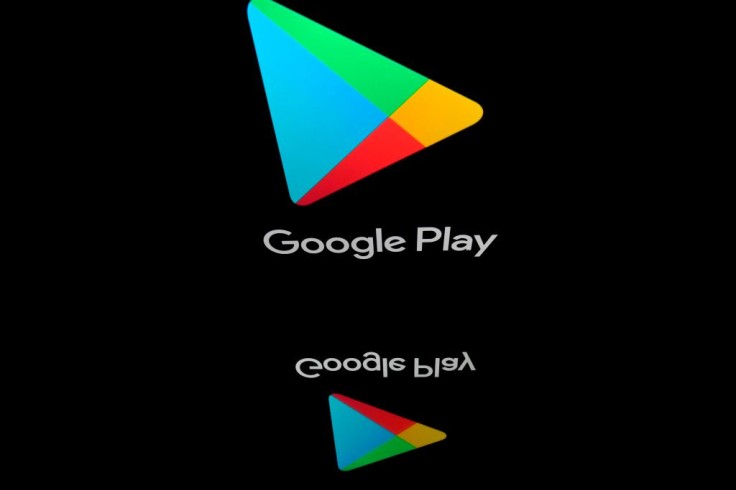
Google is developing an app to help people with speech difficulties communicate more easily. The app is called Project Relate. In addition to this, the company is looking for English speakers to join its beta testing.
New Google App: Project Relate Overview
In a Google blog post, product manager for Google AI Julie Cattiau stated that Project Relate is a new Android app that aims to help individuals with speech difficulties easily communicate with other people and interact with them through a Google Assistant.
The said Project Relate will be able to assist people with stroke, ALS, Cerebral Palsy, traumatic brain injury, or Parkinson's disease to communicate better.
"Project Relate is a continuation of years of research from both Google's Speech and Research teams, made possible by over a million speech samples recorded by participants of our research effort," Cattiau furthered on the blog.
With regards to the said research, Google has created Project Euphonia last year, in which several people around the world recorded various phrases. The said project used AI to increase the ability of computers to interpret a variety of speech patterns, including impaired speech, per Google.
In relation to this, the American multinational technology company appears to expand its testing even more through their Project Relate. Moreover, the company is looking for English-speaking testers, who have speech difficulties, in Australia, Canada, New Zealand and the United States to try out the app and give them some feedback to improve the Google app.
The early testers of Project Relate will be asked to record a set of phrases, which will be used by the program to automatically learn how to better comprehend the unique speech patterns. Testers will be given access to the three primary features of the app such as Listen, Repeat and Assistant.
- Listen: The Google app transcribes the recorded speech to text in real-time using the listen feature, which allows testers to copy and paste the text into other apps and let other people read the message that they want to convey.
- Repeat: The repeat feature allows the participant to repeat what they have spoken in a clear and synthesized voice. Google anticipates that this will be useful, especially in face-to-face conversations or when commanding the home assistant device.
- Assistant: From the Relate app, testers should communicate directly to their Google Assistant to complete activities like turning on the lights or playing a tune while doing other tasks.
In addition, Cattiau stated that the speech recognition system of Google could be upgraded to better understand people with speech problems, per Cnet.
"Standard speech recognition doesn't always work as well for people with atypical speech because the algorithms have not been trained on samples of their speech," she expanded.
How to Join Project Relate Beta Test
For those who are interested to join the beta testing for the Google app Project Relate, they must fill up this form. Once filled up, the Google team will contact the applicants in the coming months.
Keep in mind that only interested participants who have a condition that makes their speech difficult to understand are eligible to participate in the Project Relate beta test.









